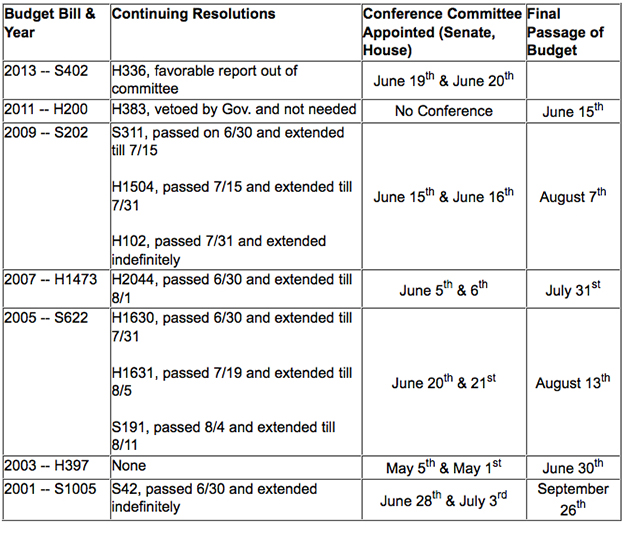Taking Their Time Because They Can | Eastern North Carolina Now
For the first time since Republicans took over the North Carolina General Assembly in 2011, they are not finishing a budget plan before the start of...


|
strirring similar demonic rhetoric that led to Trump shooting
Published: Monday, July 15th, 2024 @ 8:42 pm
By: John Steed
|
|
financial firm tied to globalist WEF
Published: Monday, July 15th, 2024 @ 8:26 pm
By: John Steed
|
|
At least one person was shot and killed during an assassination attempt on former President Donald Trump on Saturday at a political rally in Pennsylvania in which the suspected gunman was also “neutralized,” according to the U.S. Secret Service.
Published: Monday, July 15th, 2024 @ 5:44 pm
By: Daily Wire
|
|
violated appointments clause of Constitution
Published: Monday, July 15th, 2024 @ 10:29 am
By: John Steed
|
|
As everyone now knows, the U.S. Supreme Court's ruling to grant presidents immunity for "official acts" has given Donald Trump unlimited power to do literally anything he wants with zero consequences whatsoever.
Published: Monday, July 15th, 2024 @ 4:13 am
By: Babylon Bee
|
|
President Joe Biden formally rejected on Monday a bill in Congress that would require individuals to show proof of U.S. citizenship to register to vote in elections for federal office.
Published: Sunday, July 14th, 2024 @ 4:04 pm
By: Daily Wire
|
|
what about THEIR boss Mayorkas?
Published: Sunday, July 14th, 2024 @ 1:36 pm
By: John Steed
|
|
MSM media and Democrats have falsely called Trump a dictator and Hitler
Published: Sunday, July 14th, 2024 @ 10:50 am
By: John Steed
|
|
False gods into days culture
Published: Saturday, July 13th, 2024 @ 2:16 pm
By: Countrygirl1411
|
|
illegal alien "asylum seeker" migrants are a crime wave on both sides of the Atlantic
Published: Saturday, July 13th, 2024 @ 11:14 am
By: John Steed
|
|
gives border guards authority to turn back "asylum seekers"
Published: Saturday, July 13th, 2024 @ 8:50 am
By: John Steed
|
|
majority of board member are rubberstamps for liberal superintendant
Published: Saturday, July 13th, 2024 @ 8:25 am
By: John Steed
|
|
like the old Soviet Union, Biden put DEI political officers in the military
Published: Friday, July 12th, 2024 @ 3:02 pm
By: John Steed
|
|
ssick perverts running Deere sponsored homosexual event for 3 year olds
Published: Friday, July 12th, 2024 @ 9:02 am
By: John Steed
|